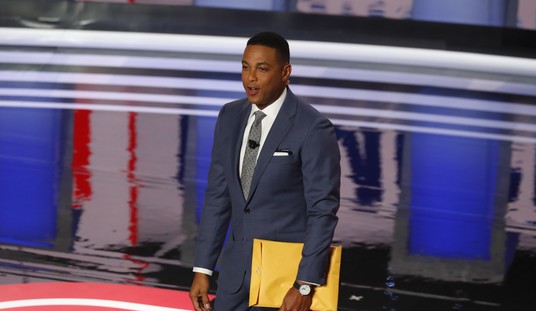The Manhattan jury tasked with deciding Daniel Penny's fate has acquitted the 26-year-old architecture student of criminally negligent homicide, a Class E felony that carries a maximum sentence of four years in prison.
Manhattan Supreme Court Justice Maxwell Wiley agreed on Friday to dismiss the more serious charge, manslaughter in the second degree after the jury deadlocked repeatedly. Assistant District Attorney Dafna Yoran, who is prosecuting the case, had requested the manslaughter charge be dropped so the jury could take up the lesser charge. The 12-person panel has now acquitted Penny of the lesser charge.
Related: Judge Dismisses Manslaughter Charge in Daniel Penny Case After Jury Deadlocks
Arthur Aidala, a New York criminal defense lawyer and legal analyst, appeared on Fox 5's morning show, "Good Day New York" on Monday morning to discuss the case. He said that the case should have ended in a mistrial on Friday when the jury could not agree on a verdict: "So, just so you know, the jurors are told, 'Look at manslaughter in the second degree and don't look at criminal negligent homicide until you get a decision on that.' So they say, 'We can't get a decision on that.' It should be a mistrial. Instead, here, for the first time ever, the prosecutor says, 'Judge, just throw out the top count now. And let's make sure—' they don't say this, 'we get a conviction on criminal issues.' So in some ways, some people have said that it was a basic strategy by the prosecution to ask for this particular, this one, to be, to be dismissed, but now they still have to look at this other charge, and they were deadlocked on this initial one."
Aidala, who is rumored to be on President-elect Donald Trump's shortlist for U.S. Attorney in Brooklyn, also discussed the self-defense angle in Penny's defense. He said that the infamous Bernie Goetz case, which occurred 40 years ago this month, affected the definition of self-defense in New York City.
"[Goetz] is on the subway. Kids come to rob him. He takes out a gun and he shoots them when he thinks they're gonna rob [him]. One had a screwdriver … and they created the new self-defense standard, which is, did that person feel like they were being threatened? And the objective test [is], would a reasonable person in that situation feel like they're being threatened? And that's what these jurors in the Penny case asked for: What is the definition of a reasonable person? And the definition — I gotta be honest with you guys — is common sense, you know, like a normal person under those circumstances. I would say, in Daniel Penny's case, a normal person who's riding the subway, and someone's screaming and yelling, and there's a large person saying, 'I'm ready to go back to jail. I'm ready to rob,' people would feel threatened."
Recommended: Welcome to the Club, Kyle: Rittenhouse Joins Pantheon of Young Men the Left Tried to Destroy
THIS IS A DEVELOPING STORY. CHECK BACK HERE FOR UPDATES.










Join the conversation as a VIP Member